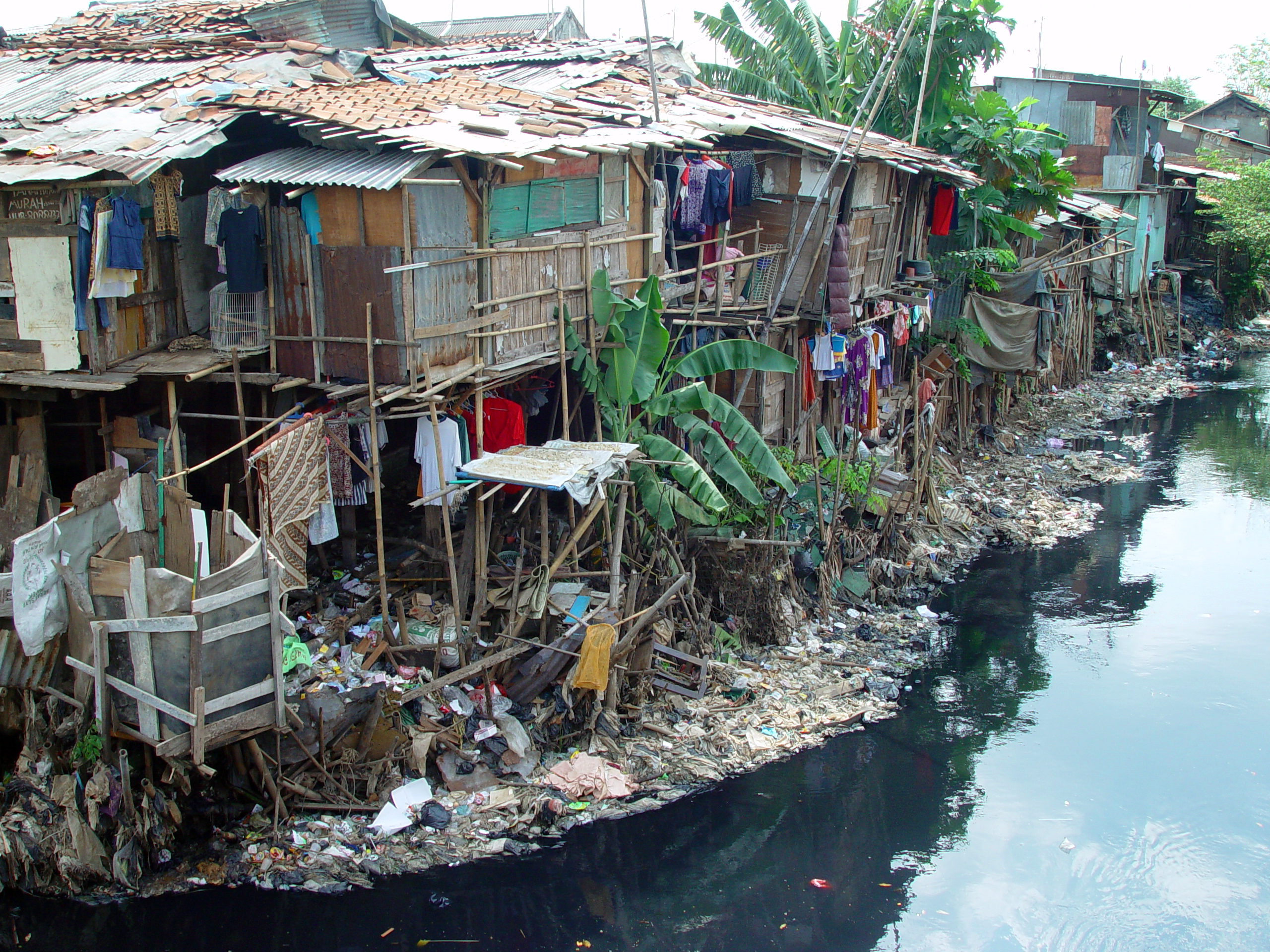Human Health Effects
Climate Change and Factors Related to Human Health
Human health conditions on Earth are affected by many factors. These factors must be considered when analyzing the additional impacts of climate changes. Social, political, economic, and technological factors could either worsen the impacts of some climate changes or lessen them.
The world’s poorest people live in geographical areas that are the most vulnerable to climate change. Hurricanes, floods, droughts, or wildfires can bring on even more devastating effects than a similar event in the United States. Often, there are no governmental agencies, such as FEMA, for relief effort and organizations such as the Red Cross to immediately help care for victims.
Human health in these areas can be fragile at best. Many people are already malnourished without a weather event destroying a year’s harvest. Most rely on natural resources such as the ocean, forest, and land to survive. Poverty is likely to increase in these areas, and human health conditions might deteriorate.
Increasing global temperatures will adversely affect both water quality and supply. Any negative impact on water resources has a direct negative effect on human health. Insufficient water supplies for drinking, bathing, and farming coupled with Earth’s increasing population will present difficult problems to overcome in the future.
Security
Climate change may aggravate complex global security issues. Many social analysts suggest that the next major war will be fought over water. As global temperatures increase, some regions of the globe will become much drier. With less available water, tensions between antagonistic countries may escalate.
Social Impacts
There are a variety of social impacts that might occur if human health is negatively impacted by climate changes. First, the consequences of climate change on human health will not be uniform—they will not equally affect industrialized countries such as the United States and undeveloped countries such as Bangladesh.
For example, gender, age, education, and ethnicity affect the ability of an individual to adapt. Hunger and diseases such as malaria kill more children than adults. Young girls are more likely to be kept from school to care for family than young boys. The elderly are more susceptible to both disease and weather-related events such as heat waves.





